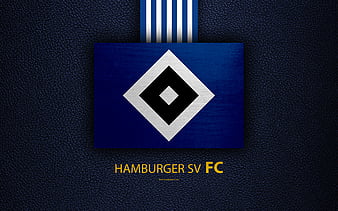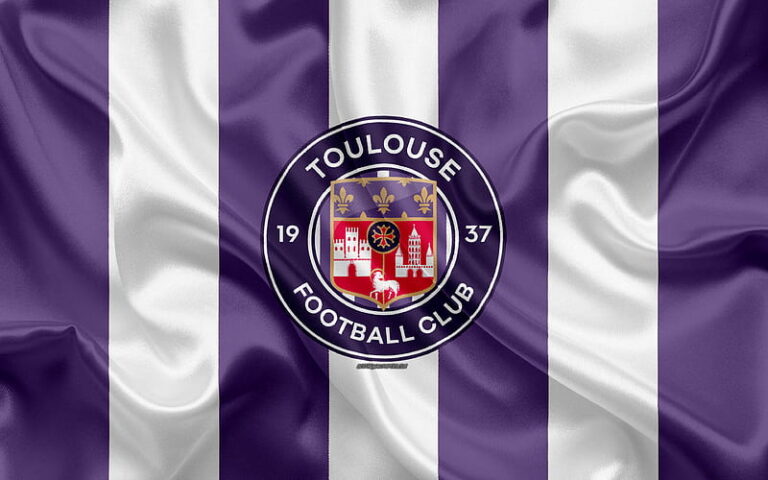
Hamburger SV (HSV), one of Germany’s most iconic and historic football clubs, carries a legacy of glory, resilience, and unmatched tradition. Based in the port city of Hamburg, HSV has long been a cornerstone of German football, once famed for being the only team to have never been relegated from the Bundesliga — a streak that lasted until 2018. Despite recent challenges, the club remains a cakhiatv sleeping giant, proud of its rich history and determined to return to the top.
A Proud Beginning and Rich Heritage
Founded on September 29, 1887, through a merger of several local clubs, Hamburger SV officially began its football journey in 1919. Over the decades, HSV evolved into one of Germany’s powerhouses, gaining massive support and dominating both domestic and European football scenes, especially during the 1970s and 1980s.
The club plays at the Volksparkstadion, a modern stadium that holds over 57,000 fans, and is known for its vibrant atmosphere and loyal supporters. The blue, white, and black colors of HSV are synonymous with Hamburg’s sports identity.
Total Goals: An Attacking Powerhouse
Hamburger SV has scored well over 6,000 goals across all major competitions — including the Bundesliga, DFB-Pokal, European Cups, and the 2. Bundesliga in recent seasons. Their attacking style, especially during their golden years, produced some of the most thrilling football in Europe.
Legendary scorers for HSV include:
- Uwe Seeler – Club legend and one of Germany’s all-time greats. He scored 490 goals in 580 matches, making him HSV’s top scorer of all time.
- Horst Hrubesch, Kevin Keegan, and Felix Magath – Icons of the 70s and 80s who helped define the club’s golden generation.
- Pierre-Michel Lasogga and Simon Terodde – More recent figures who led HSV’s attack during its battle to return to the top flight.
Even during its years in the second division, HSV remained among the top-scoring teams, demonstrating a continued offensive spirit and commitment to exciting football.
Trophies and Major Achievements
Despite their recent struggles, Hamburger SV has a trophy cabinet most clubs can only dream of. Their golden era brought national and international success:
🏆 German Championship / Bundesliga – 6 Titles
- 1923, 1928, 1960, 1979, 1982, 1983
- The 1983 Bundesliga title crowned a glorious run of domestic dominance.
🏆 DFB-Pokal (German Cup) – 3 Titles
- 1963, 1976, 1987 – Proof of their consistency and ability to perform in knockout competitions.
🏆 UEFA Champions League (European Cup) – 1 Title
- 1982–83 – A legendary 1–0 victory over Juventus in the final made HSV kings of Europe.
🏆 UEFA Cup Winners’ Cup – 1 Title
- 1976–77 – Another feather in their European cap, defeating Anderlecht in the final.
🥈 Multiple Final Appearances
- HSV were runners-up in numerous domestic and international tournaments, showcasing their consistent high-level competitiveness during their peak years.
The Struggle and the Rebirth
The club’s legendary “clock” — a stadium feature showing how long HSV had remained in the Bundesliga — was sadly reset in 2018 when they were relegated for the first time in history. Since then, the club has fought hard in the 2. Bundesliga, consistently finishing near the top but narrowly missing promotion multiple times.
Still, the fighting spirit remains. HSV has one of the largest fanbases in Germany, and the club continues to invest in youth, infrastructure, and rebuilding a squad capable of returning to the Bundesliga — and staying there.
Conclusion
Hamburger SV is more than just a football club — it’s a symbol of pride, tradition, and passion. With over 6,000 goals scored, a European Cup, six German championships, and a century-long legacy, HSV’s history is etched deep in football’s storybook.
Though the club now battles in the second tier, the flame never fades. The giant sleeps — but it will rise again.



